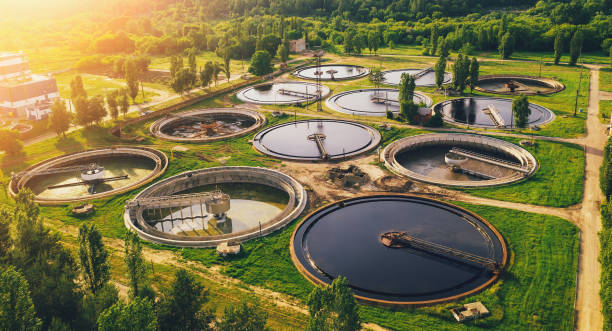
Satyendar Jain inaugurates new water treatment plant in North Delhi

Concord Control Systems Limited Reports ~85% YoY Growth in H1 FY26
Concord Control Systems Limited (BSE: CNCRD | 543619), India’s leading manufacturer of embedded electronic systems and critical electronic solutions, announced its unaudited financial results for the half year ended September 30, 2025.Financial Highlights – H1 FY26 (YoY Comparison)Revenue from Operations rose to ₹815.45 million, up from ₹497.53 million in H1 FY25, marking a 63.90% year-on-year growth.EBITDA increased to ₹217.34 million, compared to ₹142 million in the same period last year.EBITDA Margin stood at 26.65%, compared to 28.54% in H1 FY25, with the decline attributed to ..

Gateway Distriparks Announces Q2 FY25 Results
Gateway Distriparks Limited (GDL), one of India’s leading multimodal logistics providers, announced its financial results for the quarter ended 30 September 2025.For Q2, the company reported total revenue of INR 154.8 crore (H1: INR 316.9 crore), EBITDA of INR 20.56 crore (H1: INR 45.65 crore), PBT of INR –4.23 crore (H1: INR –0.28 crore), and PAT of INR –2.91 crore (H1: INR –0.37 crore). The company stated that these numbers reflect the consolidation of accounts following Snowman Logistics transitioning from an associate company to a subsidiary in December 2024.Commenting on the per..

Last-Mile Connectivity a Prime Focus, Says Ms. Ashwini Bhide,
The IMC Chamber of Commerce and Industry (IMC) hosted a high-impact Managing Committee session today on the theme “Mumbai Metro: Transforming Connectivity and Commuting.” The session featured an insightful address by Ms. Ashwini Bhide, Managing Director, Mumbai Metro Rail Corporation Ltd. (MMRCL), who shared updates on key transport infrastructure developments across Mumbai and the MMR region.Emphasising the city’s critical economic role, Ms. Bhide noted, “Mumbai is the economic powerhouse of Maharashtra, with more than 95% of the region’s population living in urban areas. As Maharas..
















